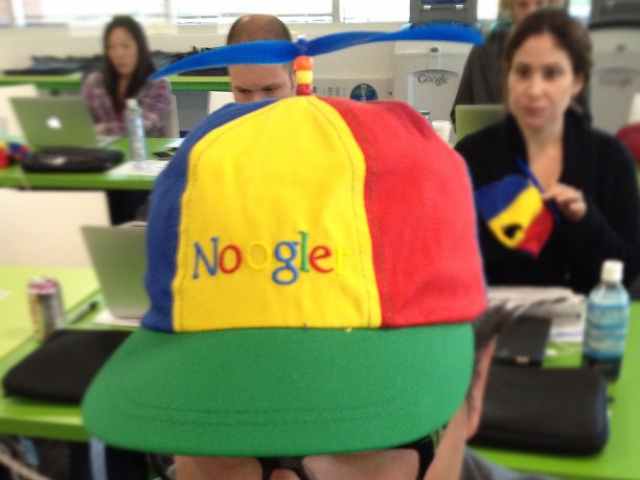Although their arguments are almost universally pathetic, it is useful to occasionally pay attention to what the Swamp’s paid defenders of Big Tech giants are saying.
One of the organizations that is paid to defend Big Tech, NetChoice, regularly advances weak, low-effort arguments against proposed regulation to stop tech censorship.
A recent blog post from its policy counsel, arguing against the notion that major tech platforms ought to be designated common carriers, is a typical example.
Here’s the first obvious lie — that forcing social media platforms to carry all legal speech would lead to a firehose of obscenity:
Making it illegal for social media platforms to moderate content would result in a Mad Max-style, anything-goes internet. Children would be subjected to some of the worst parts of the internet and platforms would be powerless to create safe ecosystems free from unwanted, offensive, and profane material. People just trying to watch cat videos or connect with their family over Facebook would be forced to wade through a sea of unseemly content, such as racist posts or pornography.
Anyone who’s remotely familiar with Google’s “safe search” button knows this argument is not remotely true. Common carrier rules wouldn’t prevent social media platforms from building filters against certain types of speech (including hate speech) — what it would mean is that those filters, like Google’s safe search, would be optional to the user.
In other words, content moderation would still be legal, but Big Tech companies wouldn’t get to impose any particular moderation regime on anyone — that would instead be the user’s choice. Funny that an organization called “NetChoice” wouldn’t support such a thing.
Courts have specifically held that “the term ‘common carrier’ describes not the legal obligations of a company but how the company does business.” Nondiscrimination is the central characteristic that distinguishes common carriers from other private businesses like social media. AT&T’s categorization as a common carrier comes precisely because it doesn’t discriminate, rather than a political desire for AT&T not to do so.
If they don’t discriminate, why does the government need to tell them not to discriminate? This is the same weird line of thinking that makes Democrats insist “Net Neutrality” (their word for Title II common carrier regulations) is absolutely essential for internet service providers, which don’t engage in widespread censorship, but unacceptable for social media platforms, which do.
Democrats control the FCC now, and they will likely seek to reimpose Title II restrictions on internet service providers like AT&T, Verizon, and Comcast. They may succeed. But their arguments are going to look a lot feebler after nearly five years of relentless Democrat pressure in favor of social media censorship.
For a truly neutral internet, policymakers would need to do exactly the opposite of what NetChoice advocates — impose common carrier restrictions on social media platforms.
Allum Bokhari is the senior technology correspondent at Breitbart News. He is the author of #DELETED: Big Tech’s Battle to Erase the Trump Movement and Steal The Election.






